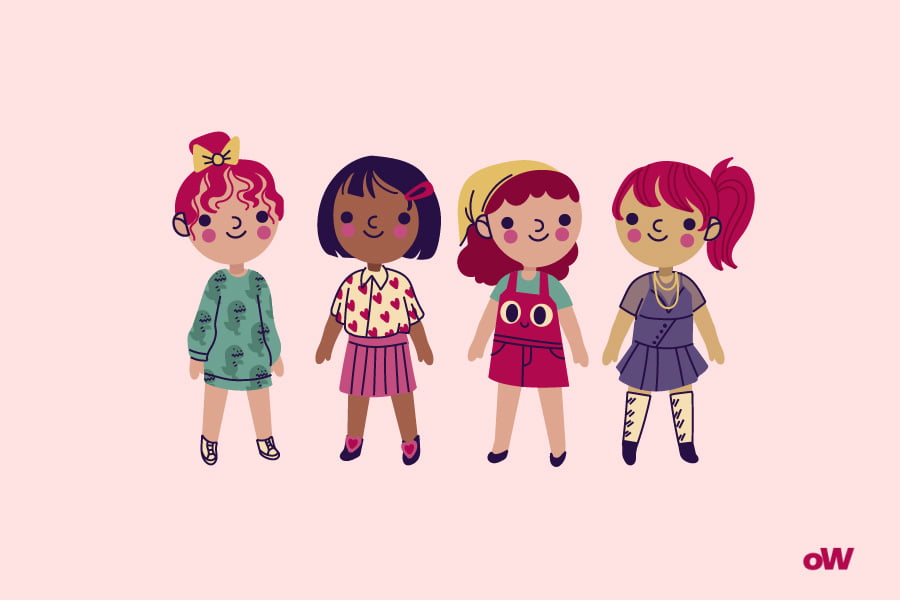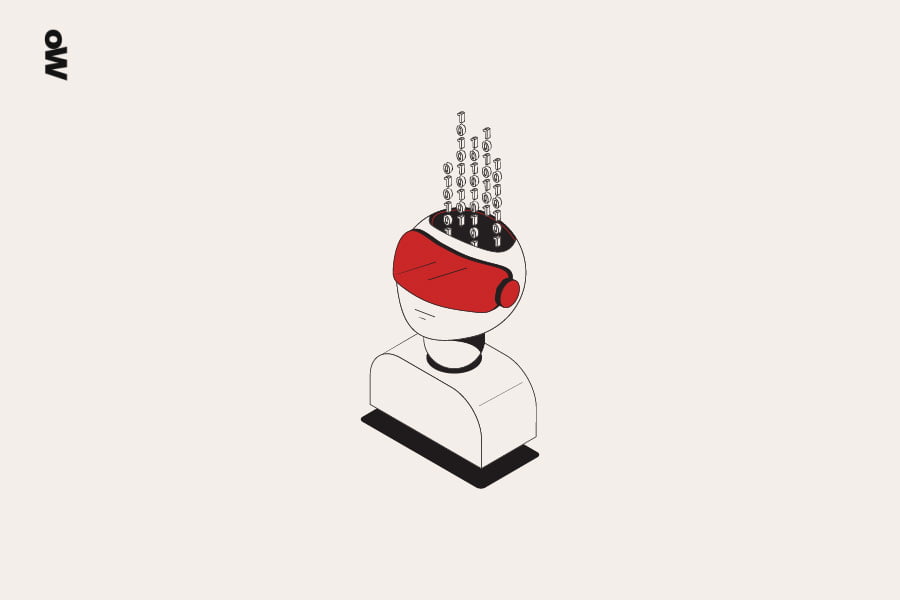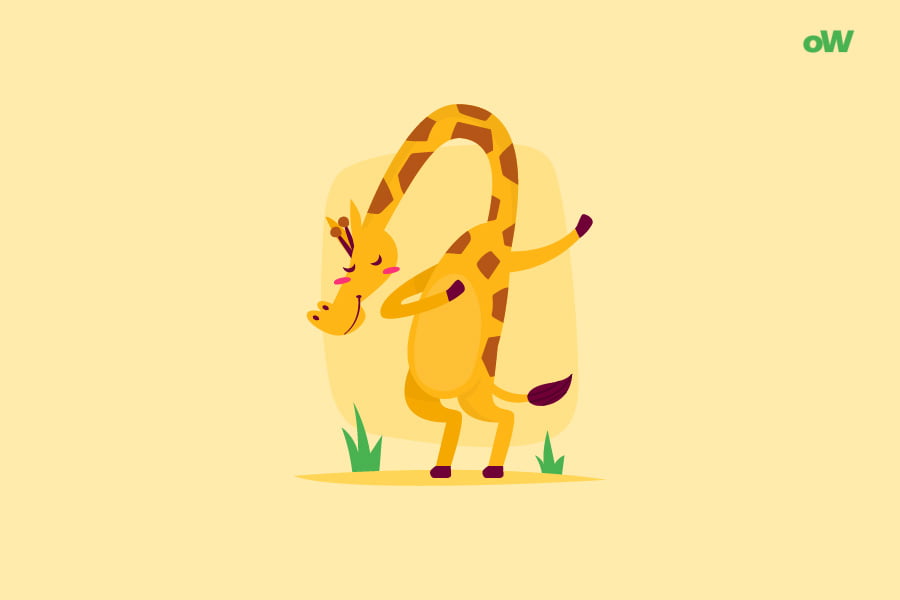Quiz: What Human Emotion Am I?

Imagine waking up one morning to find that you’ve turned into… an emotion. Yes, you heard that right – not an insect like in Kafka’s work, but a real human feeling! Which emotion would you be? This unexpected thought forms the basis of the fascinating quiz “What Human Emotion Am I?”, which invites us on an exciting journey through the labyrinths of our own psyche.
What Are Emotions, Anyway?
Emotions are an incredibly complex mechanism that has evolved over millions of years. They don’t just “happen” to us – they’re a carefully tuned system for responding to the world around us.
From a neurobiological perspective, emotions are the result of complex interactions between various brain structures. The limbic system, which includes the amygdala, hippocampus, and hypothalamus, plays a key role here. These structures process incoming information and form an emotional response.
Interestingly, different emotions activate different areas of the brain. For example, fear is closely linked to amygdala activity, while joy activates the prefrontal cortex. This means that each emotion has its own unique “neural fingerprint.”
But emotions are not just neurobiology. They’re deeply woven into the fabric of our social lives. The ability to recognize and express emotions played a crucial role in our ancestors’ survival. Being able to “read” fear on a tribesman’s face could save you from a predator, while the ability to express sympathy could help you find a partner.

How Does Society Shape Our Perception of Emotions?
Social influence on our emotions begins in early childhood. Research shows that even at a few months old, infants can distinguish between emotional facial expressions. And by the age of two, children start using emotional words in their speech.
Cultural context plays a huge role in how we perceive and express emotions. For example, Japanese culture has the concept of “amae” – a feeling of dependence and desire to be loved, which has no direct analogue in Western cultures. And the German language has the word “Schadenfreude” – pleasure derived from another person’s misfortune, which again is difficult to translate into other languages with a single word.
Social norms also strongly influence our emotional behavior. In some cultures, open expression of anger is considered a sign of strength, while in others, it’s unacceptable rudeness. These norms are so deeply rooted in our subconscious that we often don’t even realize their influence.
Why Determine “What Human Emotion Am I?”
At first glance, the idea of “becoming” an emotion might seem strange. But this thought experiment can be an incredibly useful tool for self-discovery.
Firstly, this approach allows us to look at ourselves from the outside. When we imagine ourselves as a specific emotion, we can notice behavior patterns that usually escape our attention.
Secondly, it’s an exercise in empathy. By imagining ourselves as an emotion, we learn to better understand how this emotion affects our thoughts and behavior. This can help us be more tolerant of manifestations of this emotion in other people.
Finally, such a quiz can become a starting point for deep self-work. If the result shows that you’re “anger,” it might push you to explore anger management techniques. If you turn out to be “fear,” perhaps it’s worth working on boosting your self-confidence.

A Map of Human Emotions
Imagine emotions as continents on the globe of our psyche. In the north – the icy expanses of Fear, where every step could lead to falling into an abyss of anxiety. In the south – the hot deserts of Anger, where sandstorms of rage can catch an unprepared traveler off guard.
At the center of this world is the temperate climate of Calmness, surrounded by the fertile valleys of Joy and the picturesque hills of Satisfaction. And somewhere on the edge of the map – the mysterious archipelago of Melancholy, shrouded in mists of thoughtfulness.
This metaphor helps us understand how complex and multifaceted the world of our emotions is. Each “country” on this map has its own features, its dangers, and its treasures.
For example, in the Land of Fear, one can find valuable deposits of Caution – a quality necessary for survival. And in the mountains of Anger, springs of Determination are hidden, without which it’s impossible to achieve serious changes in life.
The quiz “What Human Emotion Am I?” helps us determine which “country” we spend most of our time in. This doesn’t mean we never travel to other “continents,” but it can point to our emotional “place of residence.”

The Benefits of Finding Out Which Emotion You Are
Taking such a quiz can be the first step towards developing emotional intelligence. Emotional intelligence is the ability to recognize, understand, and manage both your own emotions and those of others. This quality is becoming increasingly valuable in the modern world, where soft skills are often valued more than technical skills.
Understanding your “dominant” emotion can help in stress management. If you know you’re prone to anxiety, you can prepare for stressful situations in advance, using relaxation or meditation techniques.
Moreover, awareness of your emotional profile can improve your relationships with others. Knowing your emotional triggers, you can learn to better control your reactions in difficult situations.
The quiz results can become a starting point for deep self-analysis. Why does this particular emotion dominate your life? How does it affect your decisions and behavior? What can you do to better manage this emotion?
Finally, such a test can be an exciting experiment in self-discovery. It’s an opportunity to look at yourself from a new angle, to uncover hidden aspects of your personality.
So don’t hesitate, take the quiz and embark on an exciting journey across the continents of your soul. Who knows what discoveries await you on this path?
How to Play?
Click the "Start Quiz" button and answer each quiz question honestly. There are no right or wrong answers. You may encounter multiple-choice questions or statements to rate on a scale of agreement. Once you finish the quiz, you'll receive results that provide insight into your personality traits, including strengths and weaknesses. Use this information to increase self-awareness and make positive changes.
How many questions does this quiz have?
15 Questions
How long does it take to complete this quiz?
6 Minutes
Questions Overview
- Find a friend and share a hilarious joke
- Look for a quiet corner to contemplate
- Get nervous thinking if you're overdressed or underdressed
- Feel energized by the music and start dancing
- Feel a rush, imagining all the small treats you can buy
- Think of the person who might've lost it and feel a tinge of sadness
- Worry about whether it's right to keep it
- Feel grateful and consider it a sign of a good day
- Feel sad, reminiscing about past celebrations
- Brush it off, planning a fun outing to treat yourself
- Get anxious about the state of your friendship
- Decide to drop hints about it next year, imagining their reaction
- Daydream about a future concert
- Reflect on past memories associated with the song
- Feel light, humming along with a smile
- Wonder if the artist is releasing new music soon, a bit worried
- Thrilled about the upcoming adventure
- Pondering the mood of the protagonist
- Anxious about potential plot twists
- Happy about a new story to immerse in
- Dive into the waves, feeling alive
- Sit and watch the horizon, lost in thoughts
- Check if you applied enough sunscreen
- Build sandcastles, enjoying every moment
- Smile, feeling like it's going to be a good day
- Worry if it'll be there tomorrow too
- Imagine its journey and what it has seen
- Get inspired to maybe try bird-watching
- Excitement over a possible secret admirer or friend's prank
- Sadness, thinking someone might be reaching out but can't find the words
- Anxious, wondering if it's a mistake or if there's a hidden message
- Happy at the simplicity and mystery of it
- Whisk yourself away to a fantasy adventure
- Bring back fond memories to relive
- Ensure it's safe to use without consequences
- Create spontaneous joy for everyone around
- A thrill from the power of nature
- Nostalgic, thinking of old rainy days and stories
- Concerned about forgetting an umbrella
- Cozy, imagining reading with a cup of tea
- Tell a thrilling story or showcase vivid colors
- Evoke deep emotions or are reminiscent of the past
- Provoke thought and challenge your perceptions
- Radiate happiness and warmth
- Daydream about future adventures
- Reflect on life, appreciating its depth
- Worry about whether you took the right path
- Take joy in the little things around, like flowers and clouds
- The thrills and spills of life
- The deep, sometimes sad, beauty of existence
- The complexities and uncertainties in relationships
- The simple pleasures and happiness in the everyday
- Can't wait to open it, expecting something grand
- Reflect on who that might be in your life
- Worry about it being delivered to the wrong address
- Feel a burst of happiness, thinking it might be for you
- Take on a new hobby or adventure
- Reflect, maybe write or read poetry
- Organize and plan the coming days
- Bask in the present, doing things that bring pure joy





